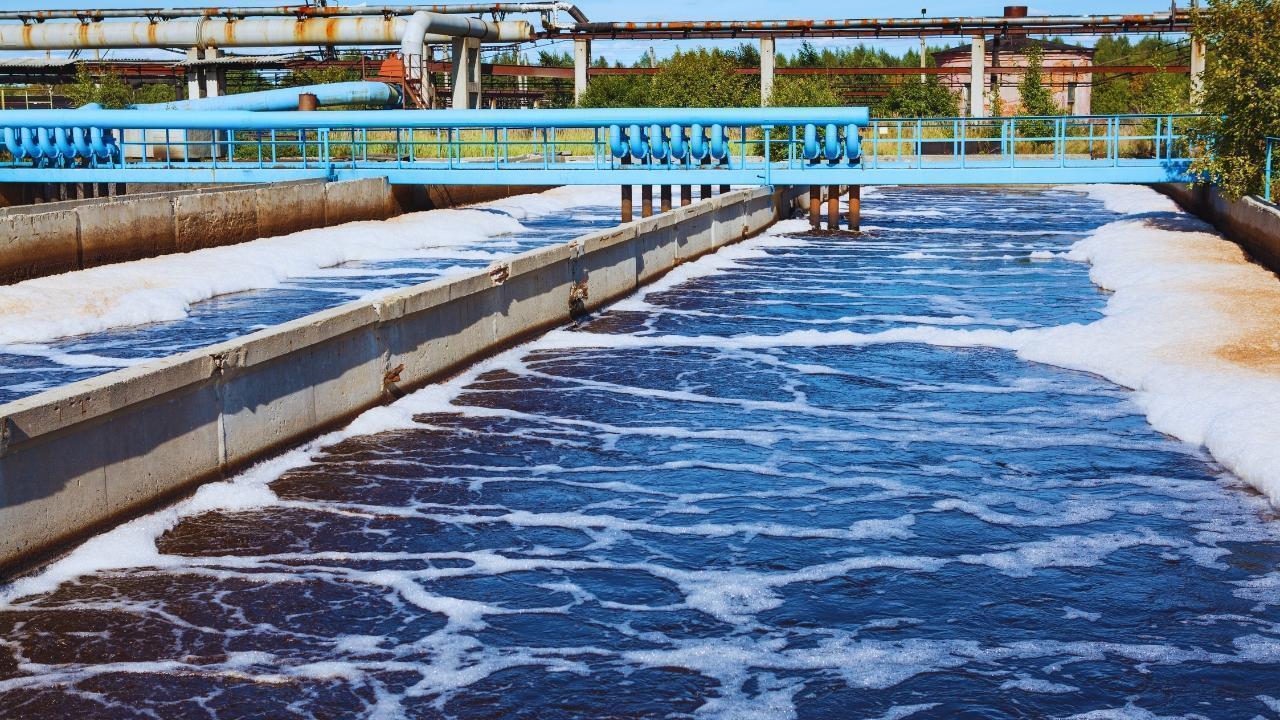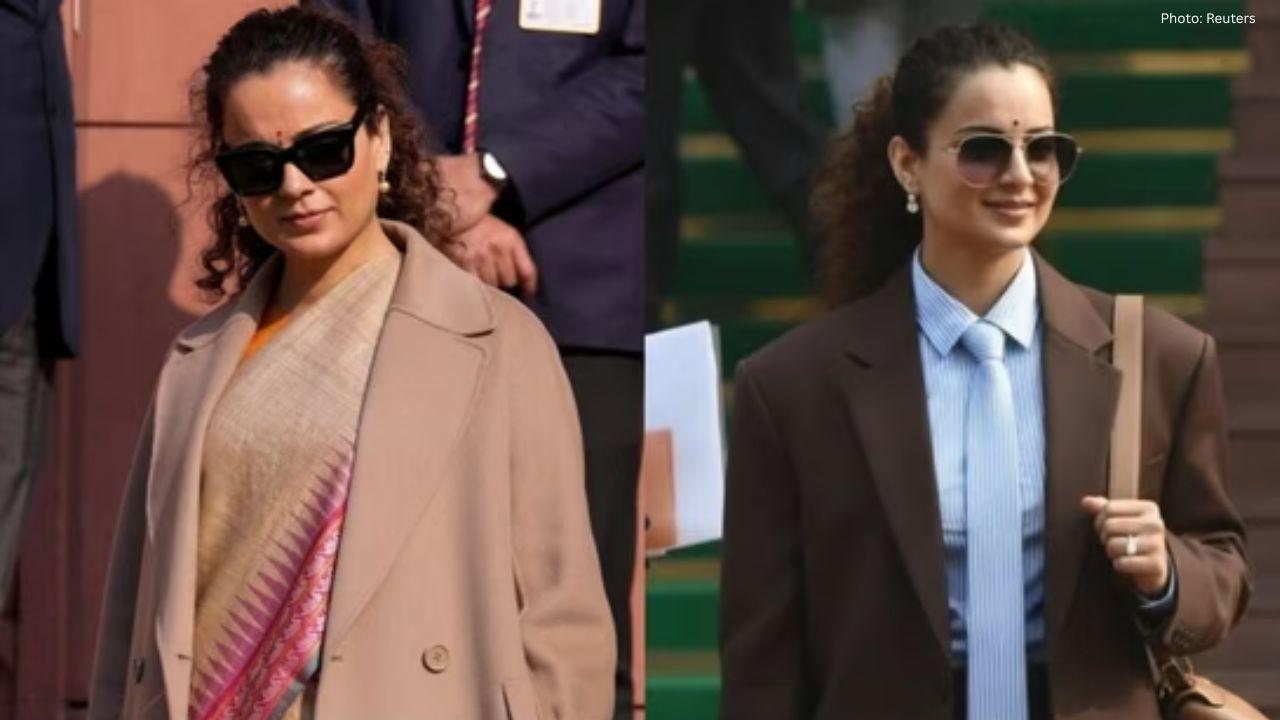You have not yet added any article to your bookmarks!

Join 10k+ people to get notified about new posts, news and tips.
Do not worry we don't spam!

Post by : Anis Farhan
Water is the lifeline of every civilization, yet the world continues to face critical shortages due to climate change, population growth, and unsustainable consumption patterns. Today, water scarcity is no longer a distant concern but an immediate crisis affecting millions globally. However, emerging water innovations—from advanced desalination to atmospheric water harvesting—are reshaping the future of water accessibility. These innovations promise a world where clean water can be produced anywhere, reducing dependence on natural freshwater sources.
The United Nations estimates that by 2030, nearly half of the world’s population could be living in water-stressed areas. Rapid urbanization, coupled with erratic weather patterns, has amplified the demand-supply gap. Nations across Asia, the Middle East, and Africa are grappling with severe droughts and shrinking groundwater reserves. Traditional methods of sourcing water, such as rivers and aquifers, are no longer sustainable solutions on their own. This urgency has sparked a global race to develop innovative technologies that ensure clean and safe water for all.
Desalination technology, which converts seawater into drinkable water, has seen significant advancements in recent years. Countries like Saudi Arabia, Israel, and the United Arab Emirates have pioneered large-scale desalination projects to meet domestic and industrial needs. Modern desalination plants now rely on energy-efficient reverse osmosis membranes, significantly reducing operational costs and environmental impact. Moreover, research is underway to harness renewable energy sources like solar and wind to power these plants, making them even more sustainable.
However, desalination is not without challenges. High energy consumption and brine disposal remain major environmental concerns. To counter this, scientists are exploring eco-friendly brine management techniques, such as converting waste brine into useful industrial salts or even using it in aquaculture systems. These measures aim to make desalination a truly green solution for the future.
Imagine producing water out of thin air—literally. Atmospheric water generators (AWGs) are making this a reality. These devices capture humidity from the air and condense it into clean, drinkable water. This technology is particularly promising for arid regions and remote areas with little access to freshwater sources. Companies in India, China, and parts of Africa are investing in large-scale AWG systems to serve communities facing chronic water shortages.
Advancements in material science have further improved the efficiency of AWGs. Nanotechnology-based materials can now capture and condense atmospheric moisture at even low humidity levels, making the technology viable in deserts and dry regions. Furthermore, portable AWGs are emerging as game-changers for military operations, disaster relief, and outdoor activities, ensuring water supply where infrastructure is unavailable.
Agriculture accounts for nearly 70% of global freshwater use, making it a critical sector for water-saving innovations. Smart irrigation systems, powered by IoT sensors and AI analytics, are helping farmers optimize water use by monitoring soil moisture levels and weather conditions. This precision irrigation reduces wastage, improves crop yield, and saves costs for farmers. In countries like Israel, India, and the U.S., drip irrigation and micro-sprinkler systems have transformed traditional farming practices.
Equally important is the adoption of water recycling and reuse. Greywater recycling systems are being installed in residential complexes, industries, and public spaces, turning wastewater into a resource. Advanced treatment technologies, such as membrane bioreactors and ultraviolet disinfection, ensure recycled water meets safety standards for irrigation and industrial purposes.
While sourcing water is essential, storing and distributing it efficiently is equally critical. New-age water storage solutions, such as collapsible tanks and underground reservoirs, are helping communities store water during rainy seasons for use in dry periods. Additionally, smart water meters and leak detection systems are improving distribution efficiency in cities, reducing wastage caused by pipeline leaks and theft.
Blockchain technology is also making waves in water management. By enabling transparent and tamper-proof records of water transactions, blockchain helps utilities track water usage and promote fair distribution among users. This innovation is particularly relevant in regions where water disputes are common.
Technology alone cannot solve the water crisis without strong governance and public cooperation. Governments worldwide are introducing policies to encourage water conservation and sustainable practices. Awareness campaigns are educating communities about rainwater harvesting, efficient water use, and pollution prevention. Countries like Singapore have demonstrated how an integrated water management strategy—combining innovation, policy, and public participation—can create a water-resilient nation.
The future of water lies in collaboration—between governments, technology innovators, and communities. Desalination and atmospheric water generation are no longer experimental concepts; they are becoming mainstream solutions that could redefine water security in the next decade. By embracing these technologies, the world can turn the tide on water scarcity and ensure a sustainable supply for generations to come.
The information provided in this article is for general informational purposes only. While every effort has been made to ensure accuracy, readers are advised to verify specific details before making decisions based on this content.










Two Telangana Women Die in California Road Accident, Families Seek Help
Two Telangana women pursuing Master's in the US died in a tragic California crash. Families urge gov

Ranveer Singh’s Dhurandhar Roars Past ₹1100 Cr Worldwide
Ranveer Singh’s Dhurandhar stays unstoppable in week four, crossing ₹1100 crore globally and overtak

Asian Stocks Surge as Dollar Dips, Silver Hits $80 Amid Rate Cut Hopes
Asian markets rally to six-week highs while silver breaks $80, driven by Federal Reserve rate cut ex

Balendra Shah Joins Rastriya Swatantra Party Ahead of Nepal Polls
Kathmandu Mayor Balendra Shah allies with Rastriya Swatantra Party, led by Rabi Lamichhane, to chall

Australia launches review of law enforcement after Bondi shooting
Australia begins an independent review of law enforcement actions and laws after the Bondi mass shoo

Akshaye Khanna exits Drishyam 3; Jaideep Ahlawat steps in fast
Producer confirms Jaideep Ahlawat replaces Akshaye Khanna in Drishyam 3 after actor’s sudden exit ov